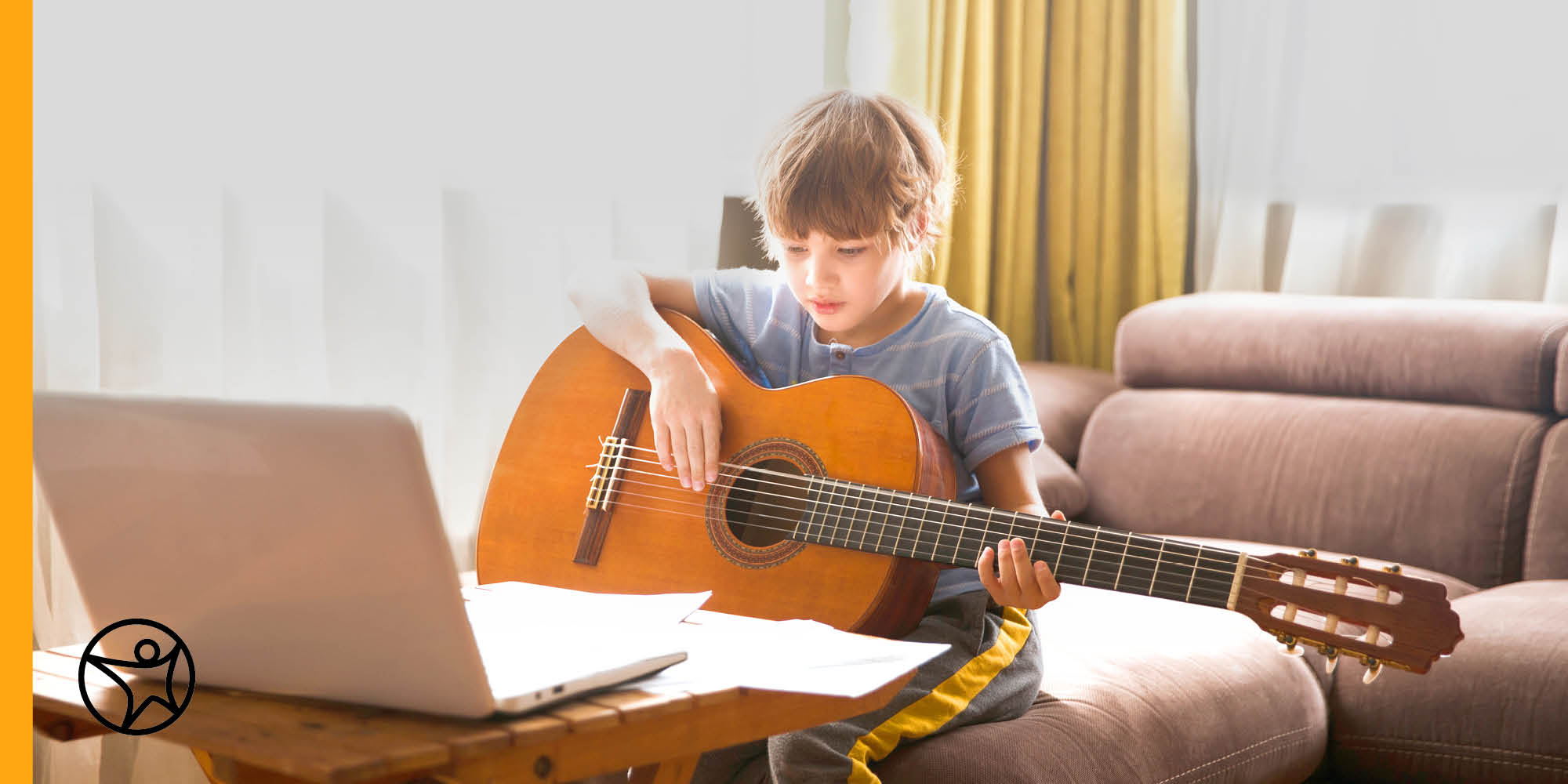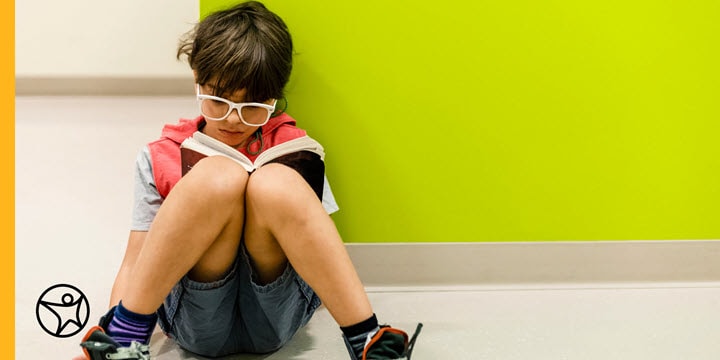The Benefits of Music Education for Children
byPhoebe Brown
4 min to read
Music education is about more than learning melodies or songs. The benefits of music education for children are numerous, having a positive impact on their overall development as well as improving their well-being and academic success. <H2> Why Is Music Education Important for Children?
Research studies on the benefits of music education for children have shown that kids who participate in music classes as part of their educational curriculum tend to have improved social, mental, emotional, and educational well-being.
Additionally, actively engaging in music education helps children improve:
Cognitive Development: Children exposed to music education often show improved language development and memory, and they tend to have better attention spans and mathematical capabilities.
Creativity Growth: Music provides a safe place for children to express themselves and explore their thoughts artistically.
Social Skills: Whether it's a choir, band, orchestra, or an informal jam session, children learn teamwork, cooperation, leadership, and effective communication skills when they participate in group musical activities.
Active Listening: Children develop active listening skills through music education, as learning an instrument or listening for themes in a song requires them to stay present in the moment.
How Music Can Train Your Child’s Brain
There are many cognitive benefits of music education. When a child learns how to play music, it is not only about producing melodies, but also an intricate process that challenges and molds the brain.
When children start learning music, they learn how to:
Listen to their voice or instrument while listening to the group as a whole.
Connect the notes on the page with the sounds they hear from their instrument.
Watch the conductor for instructions on how fast or slow to go as well as when to play or stop playing.
Build muscle memory for their instrument or voice, which helps with hand-eye coordination and listening skills.
Understand the differences in tone and pitch between notes, which can improve mathematical areas of the brain.
Meet new people and make friends while learning a new skill.
Music Education by Grade Level
A customized and age-appropriate approach to music education can help expose children to musical experiences that better resonate with their developmental stage and abilities:
Early Elementary School: At this foundational age, children are starting to learn basic rhythm exercises with simple instruments like recorders or tambourines. Simple songs and melodies are good for this age group.
Older Elementary School: Once students have learned the basics, they may want to start learning an instrument or participating in choir groups. Smaller-scale instruments are available for little hands.
Middle School: Students at this age are ready to start learning basic music theory, composition, and history. Often, there are youth bands, choirs, and orchestras students can try out for outside of school, and many schools offer these options as part of the curriculum.
High School: Usually, high school music students are working on mastering their craft with participation in the school choir, band, orchestra, and music clubs. Schools typically offer more in-depth courses in music theory, appreciation, and technical mastery.
Music Education Resources for Kids
Music education both in and outside of school is just the beginning of the resources available. If students are interested in pursuing a musical education, they can try:
Online Resources: From music education videos to music theory resources, there are a variety of online music education resources available to kids of all ages to enhance their music learning experience.
Music Clubs: Students may want to join a music club at school or in their community for their particular area of musical interest. Often, local libraries or community centers offer music clubs or chances to experience different cultures through music festivals and events.
Youth Orchestra, Band, or Choir: Some students may want to try out for a musical group outside of school to meet more people, make new friends, try different styles of music, or to be more challenged.
Private Music Lessons: Students may want to pursue music as a possible career path or as a way to gain scholarships to college. Private music lessons can enhance what they learn at school or at home while gaining more one-on-one time with a trained music educator.
Personalize Your Student’s Education
The importance of arts education through the benefits of music education for students is all part of the personalized learning experience students enrolled in an online school like Connections Academy can enjoy.
With the flexibility of online school, students and their families can shape the school day around their personal goals and passions, whether that includes attending music lessons or performing music professionally.
Download our eGuide to learn more about virtual learning and speak to an enrollment specialist to see how you can make online school possible for your family.



